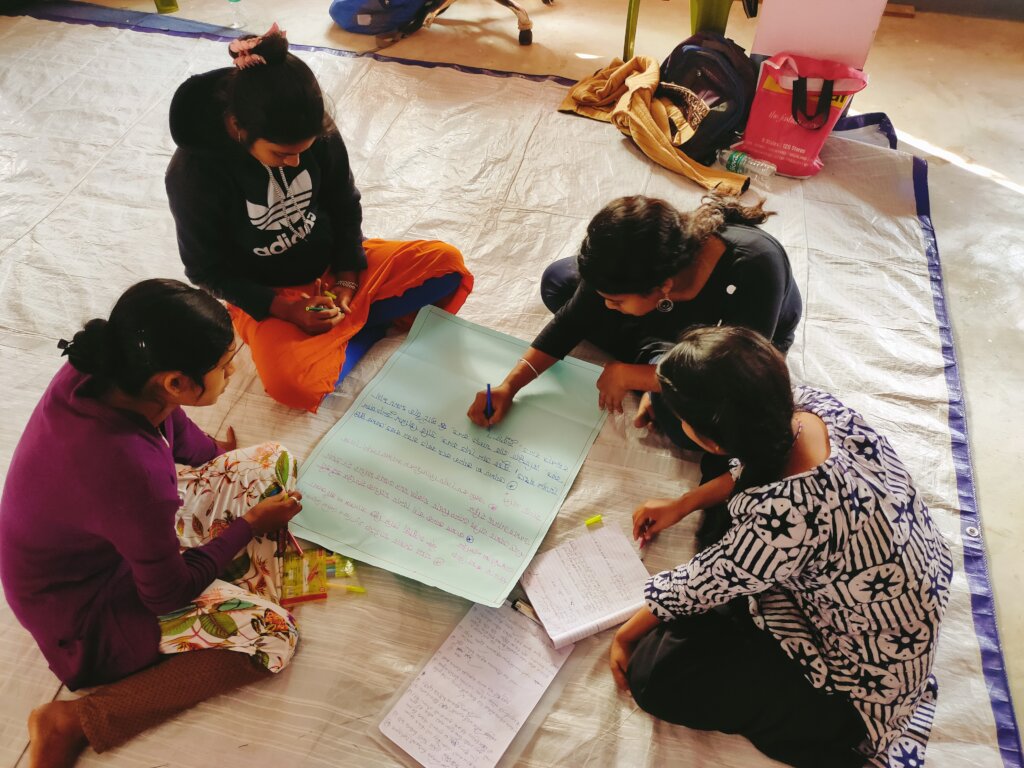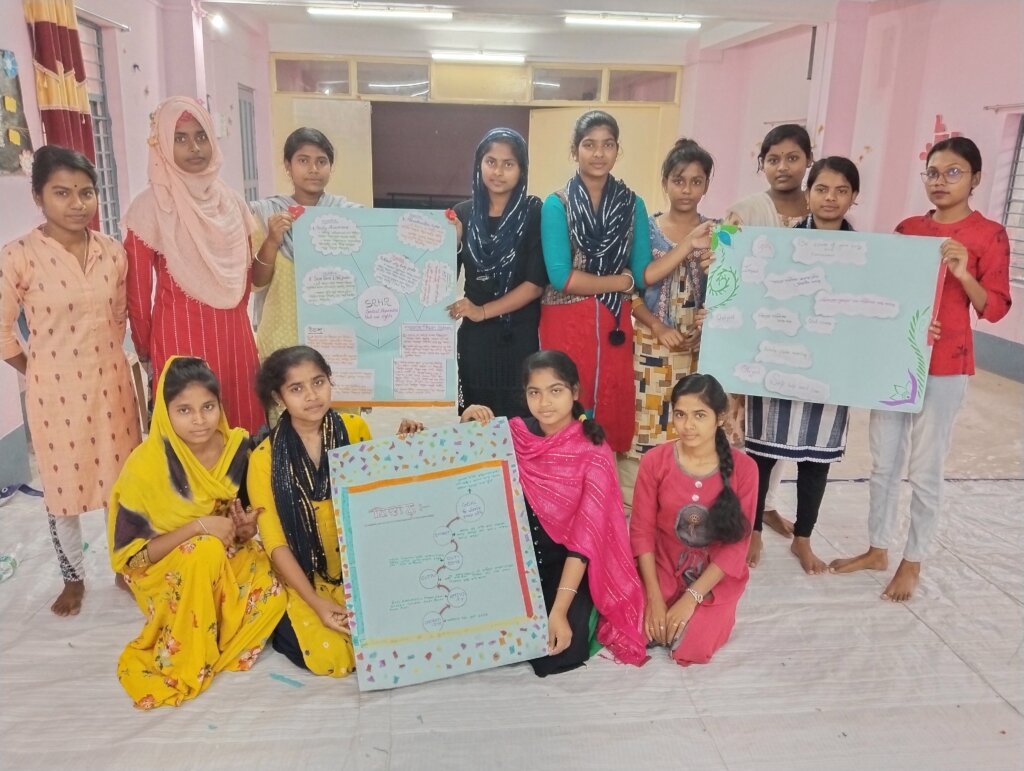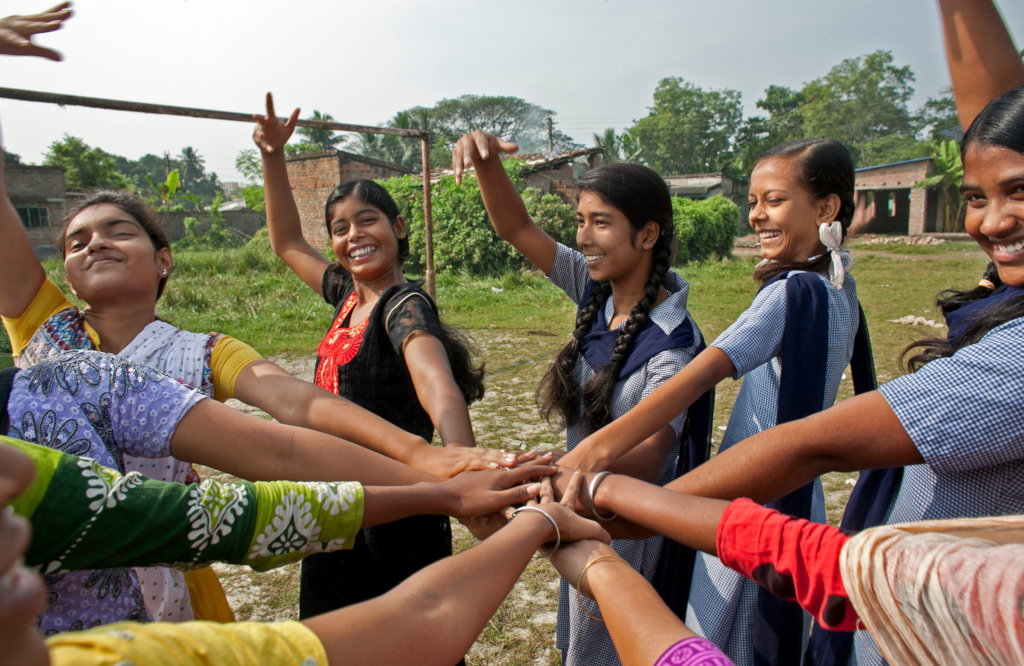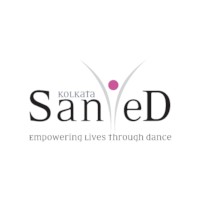



Our two fold mission: To harness the power of dance and dance movement therapy to heal, empower and transform individuals into active citizens and change makers. To build the ecosystem for DMT for Change across Asia and create leaders and changemakers in the field, especially from underprivileged communities. KS's work addresses three Sustainable Development Goals: Gender Equality, Eradication of Poverty and Good Health and Well Being.The core of KS's work takes place in community settings. This consists of the conducting of Dance Movement Therapy (DMT) sessions for survivors of trafficking, survivors of sexual violence, people with mental illnesses and other marginalized communit... read more Our two fold mission: To harness the power of dance and dance movement therapy to heal, empower and transform individuals into active citizens and change makers. To build the ecosystem for DMT for Change across Asia and create leaders and changemakers in the field, especially from underprivileged communities. KS's work addresses three Sustainable Development Goals: Gender Equality, Eradication of Poverty and Good Health and Well Being.The core of KS's work takes place in community settings. This consists of the conducting of Dance Movement Therapy (DMT) sessions for survivors of trafficking, survivors of sexual violence, people with mental illnesses and other marginalized communities. The NGO has created a unique, culturally contextualized module of DMT known as Sampoornata (fulfillment). KS's DMT-for-change model redefines a survivor's relationship with her/his body and helps her/him to overcome trauma, guilt, and shame. Sampoornata is designed to be a vehicle for empowerment: DMT process enables them to form a vision for their life and live with confidence and positivity. Along with this KS has developed its dance based module on sexual and reproductive health and rights that aims to install positive gender relations amongst adolescents. In this way, KS is contributing to the Sustainable Development Goal of Gender Equality. Women and girl children are empowered to overcome social stigma and restrictions and make independent choices. By encouraging women and girl children to seek employment, KS contributes to the Sustainable Development Goal of eradicating poverty. Another way in which the NGO contributes to this goal is through its 'childhood to livelihood approach'. Through this approach, individuals who have gone through the DMT process and who want to take it up as a profession go through a two-year Training of Trainers (TOT) programmed, after which they can be employed as Dance Movement Therapy practitioners. In this sense, they use the arts for economic progress. Additionally, the participants of the TOT programme go through capacity building, from which they get a range of skills that enable them to be employed in various other jobs. Most importantly, the TOT programme creates a new set of change makers from amongst the community. KS contributes to achieving the Sustainable Development Goal of Good Health and Well Being, not only by helping individuals overcome their trauma but also by working in community, institutional care and Health Care Settings. KS conducts DMT in marginalized communities, mental hospitals for people living with mental illnesses. . The activities and aims of the DMT sessions are specially modified to suit the clients. Sampoornata has contributed greatly to developing services that help expand our understanding of mental health and aid in the development of cost effective, sustainable services that are less intrusive and easy to replicate across populations. WORKING POPULATION: Kolkata Sanved believes that everyone has the right to live a life of dignity. Often there are many structural barriers that deprive marginalized communities of this basic entitlement. Therefore Kolkata Sanved aims to reach out to these communities to ensure their rights. This includes Working with children, youth and adolescence: Childhood is a period with potential the potential to influence developmental outcomes. KS work's work with young people include helping them optimal development outcomes. KS works with all categories of young people. Its general well being program is aimed at children in general whereas its direct intervention programs are aimed at children who are at risk. Groups falling within this category are 1. Children and youth living in: Red light areas Railway platforms Rural and urban slums Government and NGO-run shelter homes Children in conflict with Law School children 2. Working with survivors of trafficking exploitation and violence: Most survivors of violence undergo intense trauma, KS helps to empower survivors through their trauma based interventions so they can reclaim their lives. This works on fulfilling the goals of gender equity and good health and well being. In lieu of their work KS found that a lot of violence happens in the context of gender based discrimination. For this purpose KS launched the module on sexual and reproductive health and rights that enables adolescents to work towards the goal of gender equity. This unique model uses dance as a tool of education and awareness. 3. People living with mental illness (PLMI): KS works with people living with mental illness to help in the process of their recovery. Through its general well being program KS ensures PLMI are able to gain the life skills necessary for reintegration. 4. Secondary stakeholders and beneficiaries include, care providers, academy participants, researchers and stakeholders within the government sector. KS also reaches out to other civil society members through campaign.



Each of GlobalGiving’s nonprofit partners is required to send quarterly donor reports detailing the impact of their work. Here are some of their recent updates:
By Rajyashree | Datta
Kolkata Sanved, in collaboration with Nari-O-Shishu Kalyan Kendra (NOSKK) and Suprava Panchashila Mahila Uddyog Samity (SPMUS), conducted Dance Movement Therapy-based workshop, empowering 70... Read the full report ›By Rajyashree | Datta
Kolkata Sanved conducted three sessions with 30 care providers and 20 adolescent girls in different locations of West Bengal with the collaboration of two partner organizations. The participants... Read the full report ›By Rajyashree Datta | Director Development
Three SRHR sessions were conducted during this period with nineteen Field Staff (DMT Practitioners) of Kolkata Sanved as part of capacity building sessions. Based on the review meeting conducted... Read the full report ›